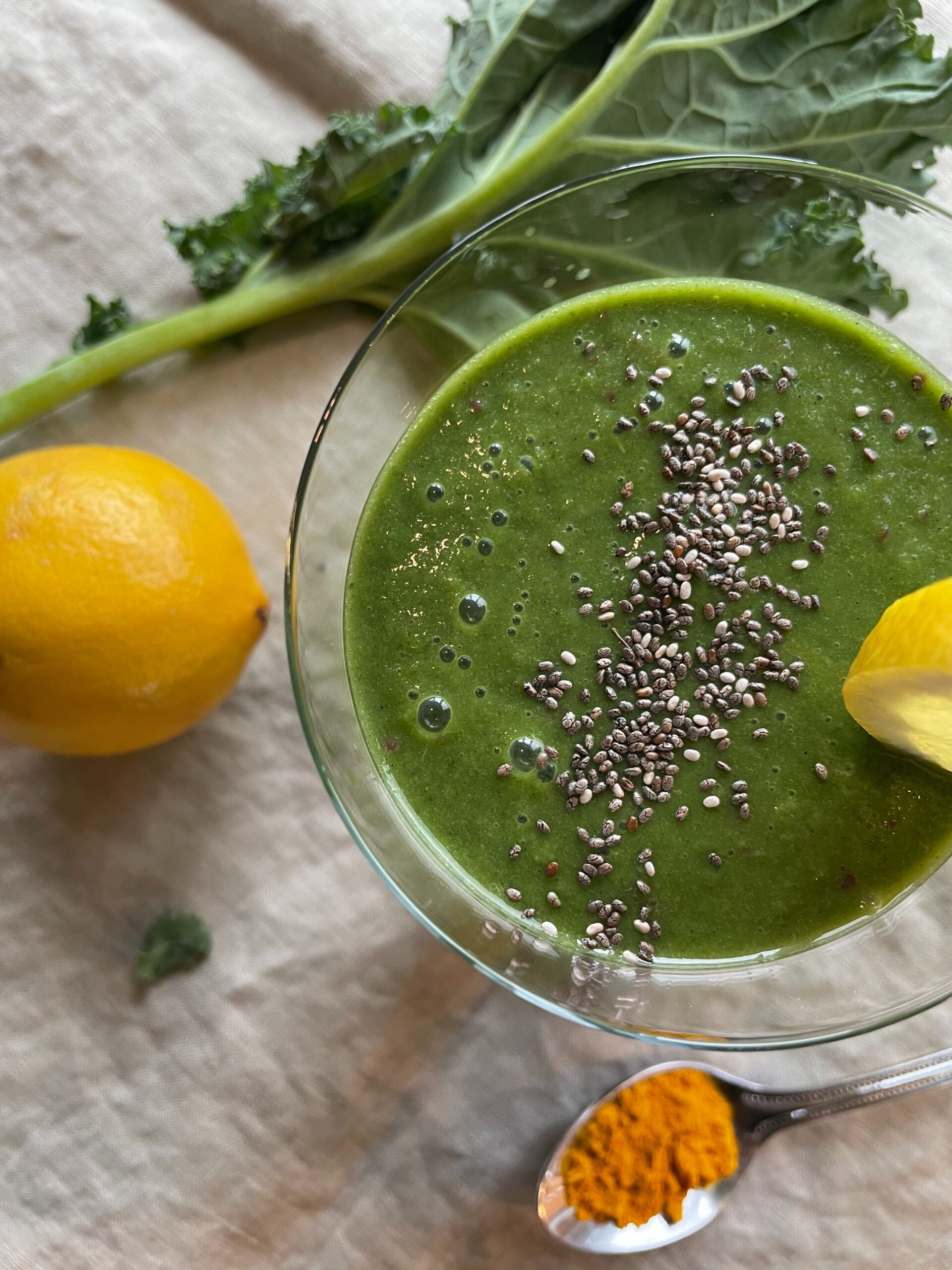Integrating eggs into smoothies is an intriguing concept that can significantly enhance the nutritional profile of these beverages. Eggs are a powerhouse of nutrition, providing high-quality protein, essential fatty acids, vitamins, and minerals. Their inclusion in smoothies can offer a range of health benefits, cater to specific dietary needs, and contribute to the overall richness and texture of the drink. However, incorporating eggs into smoothies requires consideration of safety, dietary preferences, and the potential impact on flavor and consistency.
Nutritional Benefits of Eggs in Smoothies
- High-Quality Protein: Eggs are a complete protein source, containing all nine essential amino acids necessary for muscle repair, growth, and overall health. This makes them an excellent addition for post-workout recovery or to support muscle maintenance.
- Healthy Fats: Particularly in the yolks, eggs contain healthy fats, including omega-3 fatty acids, which are beneficial for heart health, inflammation reduction, and brain function.
- Vitamins and Minerals: Eggs are rich in vitamins A, D, E, and a range of B vitamins, including B12, riboflavin, and folate. They also provide minerals like iodine, selenium, and choline, supporting various bodily functions from brain health to the immune system.
Safe Usage of Eggs in Smoothies
To safely include eggs in smoothies, it’s crucial to mitigate the risk of salmonella and other potential bacterial contamination:
Pasteurized Eggs: Opt for eggs that have been pasteurized, as the pasteurization process kills bacteria without cooking the egg. Pasteurized eggs are safe to consume raw and are recommended for use in smoothies.
Powdered Egg Whites: Another safe option is to use powdered egg whites, which are pasteurized and dried. They can be easily incorporated into smoothies without changing the liquid content significantly.
Cooked Eggs: While not as common, incorporating cooked eggs, such as hard-boiled eggs, into smoothies can ensure safety. This method, however, may alter the texture and taste of the smoothie more noticeably than raw, pasteurized eggs.
Considerations and Tips
- Flavor and Texture: Raw eggs can add creaminess to smoothies without significantly impacting the flavor, especially when combined with strong-flavored ingredients like fruits, cocoa powder, or nut butter. Cooked eggs may impart a more distinct taste and texture, which some might find less appealing.
- Allergic Reactions and Dietary Restrictions: It’s important to consider allergies and dietary preferences. Eggs are a common allergen, and some individuals may need to avoid them. Additionally, vegans and some vegetarians avoid eggs for ethical reasons.
- Nutritional Balance: While eggs add nutritional value, consider the balance of your smoothie’s ingredients to ensure it aligns with your health goals. For those monitoring fat intake, the addition of whole eggs may require adjustments elsewhere in their diet.
In conclusion, eggs can be a valuable addition to smoothies, offering enhanced nutritional benefits and texture. However, it’s essential to prioritize safety by choosing pasteurized products and to consider personal dietary needs and preferences. When used thoughtfully, eggs can contribute to creating satisfying, protein-rich smoothies that support a healthy lifestyle.











